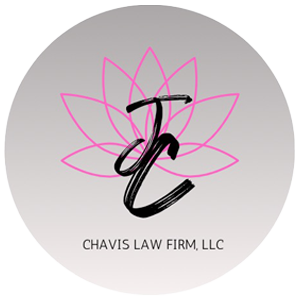One of the initial considerations of a business owner is identifying which business structure is the best for their upcoming company. In Pennsylvania, there are four main types of business structures to choose from: sole proprietorships, partnerships, LLCs and corporations.
If you are considering LLC as your business entity, here are a few things to consider.
Who can be the owner of an LLC?
Owners of an LLC, formally called members, can include individuals, other LLCs, corporations and foreign entities. There is no required number of members, so whether it is a single-member LLC or one with multiple owners, the state permits the business. Moreover, the law does not restrict the relationship between members, so spouses or relatives can form part of the LLC.
The benefits of an LLC
Many say that an LLC is a combination of a partnership and a corporation. Similar to a corporation, LLC members have limited personal liability when it comes to the company’s debts and liabilities. This means that creditors cannot go after members’ personal assets since they are separate entities from the business. This also covers partners and investors.
When it comes to taxes, an LLC takes after partnerships wherein members report profits and losses on their personal tax returns instead of filing their taxes directly as a company. This way, they will not be subject to double taxation like corporations.
However, it is good to note that the state does not allow certain entities, such as banks and insurance companies, to become LLCs.
Check your business priorities
Understandably, an LLC is attractive because of its flexibility and protection features. But even if these characteristics are inviting, business owners should first check their company’s goals and priorities and see if they are aligned with an LLC.
